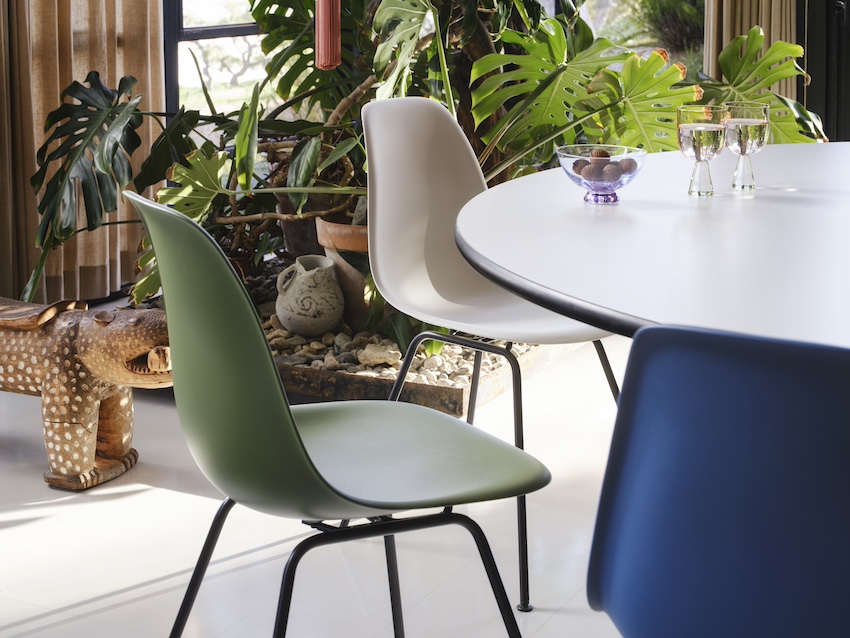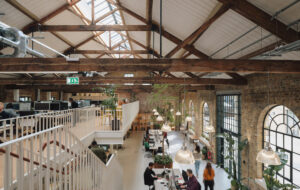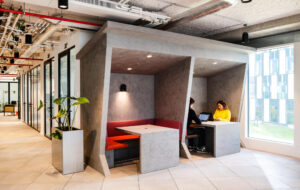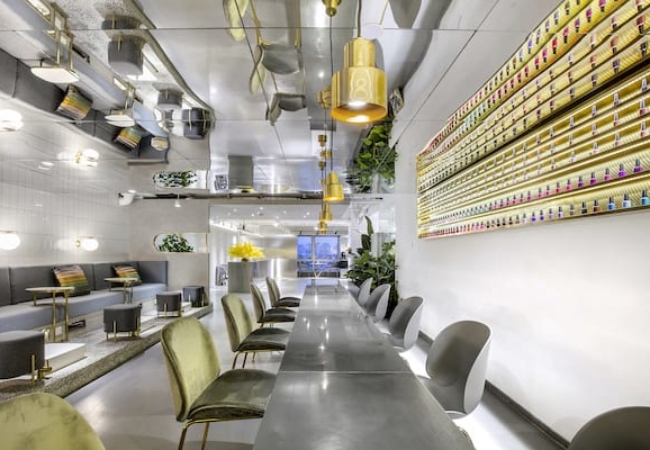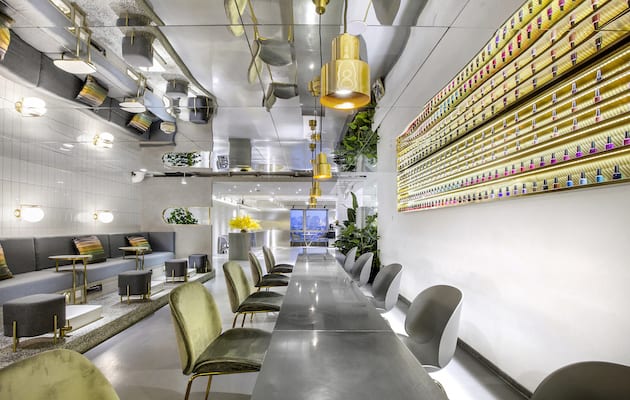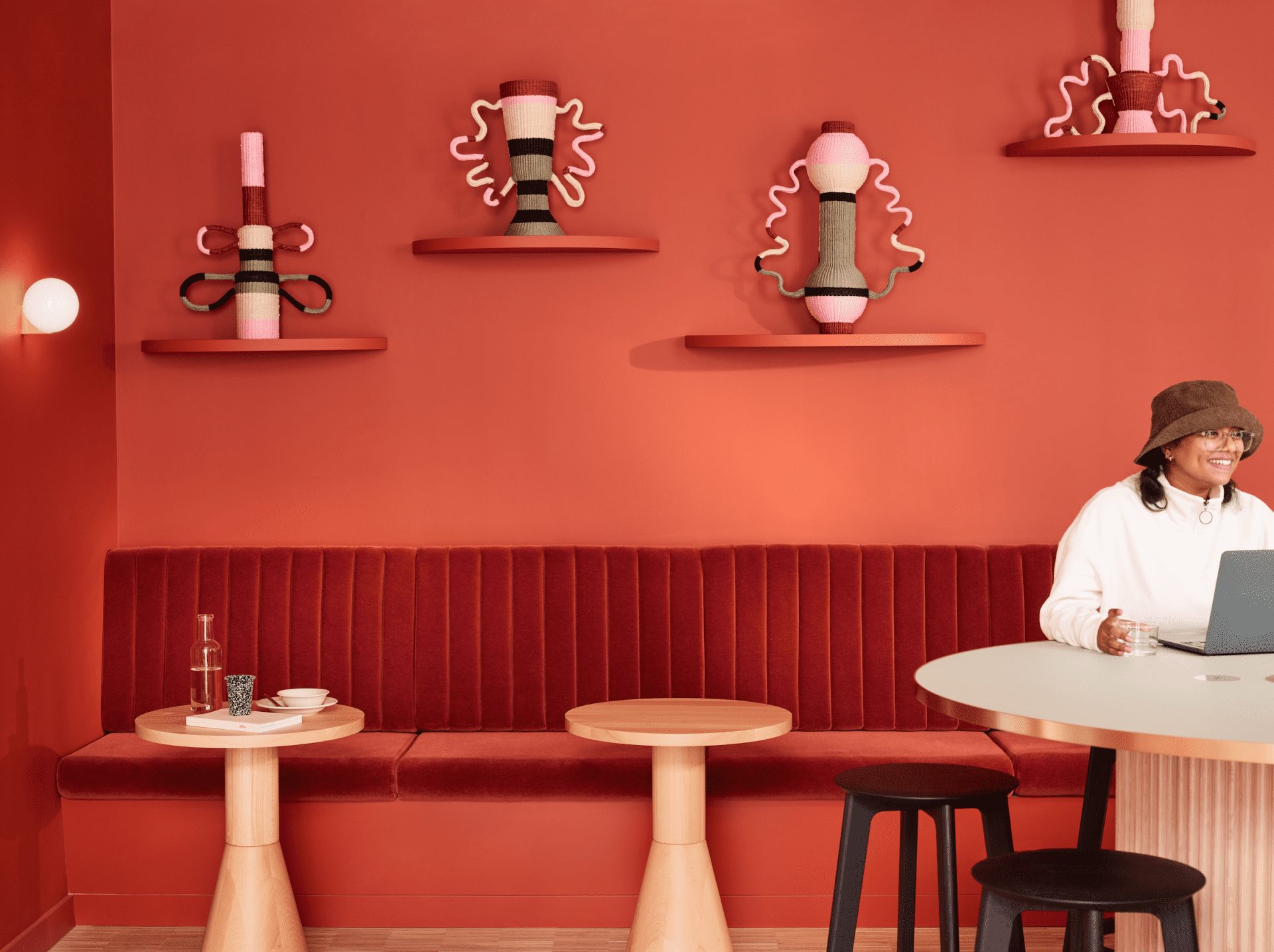 Stan the life-size tyrannosaurus skeleton at Google’s Mountain View campus. By Ashstar01 (Own work) [CC BY-SA 3.0 (https://creativecommons.org/licenses/by-sa/3.0)], via Wikimedia Commons|||
Stan the life-size tyrannosaurus skeleton at Google’s Mountain View campus. By Ashstar01 (Own work) [CC BY-SA 3.0 (https://creativecommons.org/licenses/by-sa/3.0)], via Wikimedia Commons|||
It is widely said that it is not the strongest species that survive, but the most adaptable. This thinking originally applied to the fate of the dinosaurs, but the same theory can also be applied to the modern workplace.
While big corporates still dominate the working world today with their brute strength and power, if they don’t adopt the more agile approach of adaptable startups they won’t last forever. “Stan” the life-size tyrannosaurus skeleton on Google’s Mountain View campus in California serves as a reminder of that for the whole company.
Large corporate organisations were once the end destination for eager-eyed workers, leading the way in innovation and new ways of working. But as global public distrust in large, lumbering organisations has spread, people have turned their focus to innovative startups to set an example in the working world.
Between their quirky, adaptable workspaces, their public image- conscious mission statements, and their risk-taking mentality, startups have become the proxy for progressive thinking.
Innovation fuels the progress of any organisation, and in large companies it can be difficult to harness it across a large property portfolio and an extensive workforce. This has led to an unlikely close friendship between startup companies and large corporates. Corporates are taking startups under their wing, running startup accelerator programmes, funding their projects – and in return they gain innovation by osmosis.
Corporates and startups have been aware of the mutual benefits of partnership for a number of years, but more recently there has been a shift in their relationship. Instead of forging artificial relationships built on self-gain, they are merging to create unified missions built on trust and drive for progression.
Before, big corporates would take inspiration from the startup environment to help foster innovation internally in their workspace. Yet employees needed more than the superficial offerings of good coffee and ping-pong tables to create a widespread innovation culture. Working closely with start- ups means corporates have an insight into their psyche, understanding their risk-taking attitude and willingness to experiment – characteristics often difficult to emulate in big organisations.
It is large Silicon Valley-based technology corporates which started the trend of buddying up to startups. Once these displayed signs of potential for success, the cash-rich corporates would swoop, taking a share of the business and offering distribution lines in return.
Corporates that don’t have an abundance of surplus cash to spend on already flourishing start-ups have to be smarter. They need to nd successful startups when they are in their infancy, when they are cheaper to acquire and still producing innovative ideas by the bagful. And where better to find these than under the same roof?
Co-working spaces provide some of the best environments for startups to innovate and network – both with each other and with the big corporates, who can offer opportunities for scaling up. A number of co-working spaces around the world are offering set places for corporates to be placed in the ring line of fresh thinking as ideas whizz around between startups.
It’s not just tech-savvy corpo- rates that are taking up residence next to startups. As fintech becomes more prominent, national banks have made alliances – in some cases incorporating a startup co-working facility in their offices. Not only does this give the corpo- rates an exclusive rst peek into some of the brightest minds, but it gives startups direct access to corporate muscle in terms of capital, networks and distribution.
According to research, almost a quarter of corporates now see it as a critical mission to work alongside startups, particularly when they are in their infancy. As the relationship develops, will the strong corporates still be the dinosaurs of the working world or will they avoid extinction through this mutual relationship?
Subscribe to OnOffice for the latest On The Double columns.
Lumbering corporate dinosaurs have much to gain from befriending nimble startups, and developing environments from which they both benefit, writes Philip Ross


